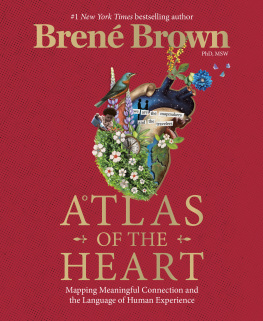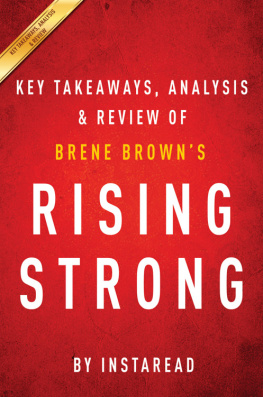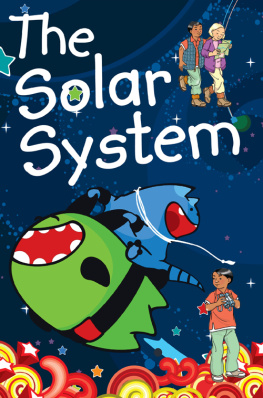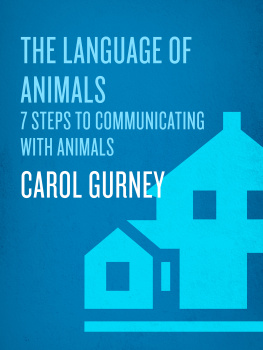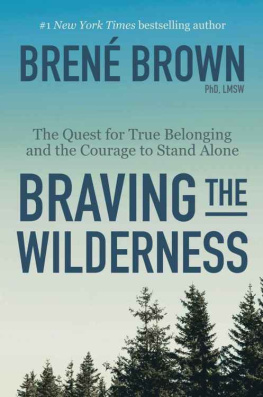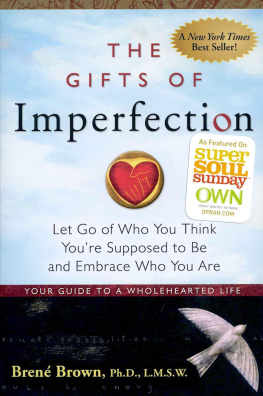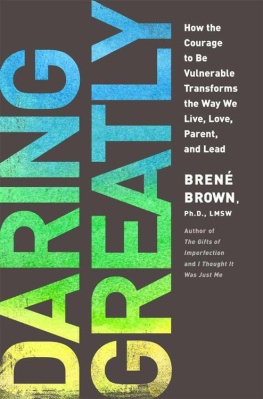Brown Brene - Atlas of the Heart: Mapping Meaningful Connection and the Language of Human Experience
Here you can read online Brown Brene - Atlas of the Heart: Mapping Meaningful Connection and the Language of Human Experience full text of the book (entire story) in english for free. Download pdf and epub, get meaning, cover and reviews about this ebook. year: 2021, publisher: Random House USA, genre: Home and family. Description of the work, (preface) as well as reviews are available. Best literature library LitArk.com created for fans of good reading and offers a wide selection of genres:
Romance novel
Science fiction
Adventure
Detective
Science
History
Home and family
Prose
Art
Politics
Computer
Non-fiction
Religion
Business
Children
Humor
Choose a favorite category and find really read worthwhile books. Enjoy immersion in the world of imagination, feel the emotions of the characters or learn something new for yourself, make an fascinating discovery.
- Book:Atlas of the Heart: Mapping Meaningful Connection and the Language of Human Experience
- Author:
- Publisher:Random House USA
- Genre:
- Year:2021
- Rating:5 / 5
- Favourites:Add to favourites
- Your mark:
- 100
- 1
- 2
- 3
- 4
- 5
Atlas of the Heart: Mapping Meaningful Connection and the Language of Human Experience: summary, description and annotation
We offer to read an annotation, description, summary or preface (depends on what the author of the book "Atlas of the Heart: Mapping Meaningful Connection and the Language of Human Experience" wrote himself). If you haven't found the necessary information about the book — write in the comments, we will try to find it.
Brown Brene: author's other books
Who wrote Atlas of the Heart: Mapping Meaningful Connection and the Language of Human Experience? Find out the surname, the name of the author of the book and a list of all author's works by series.
Atlas of the Heart: Mapping Meaningful Connection and the Language of Human Experience — read online for free the complete book (whole text) full work
Below is the text of the book, divided by pages. System saving the place of the last page read, allows you to conveniently read the book "Atlas of the Heart: Mapping Meaningful Connection and the Language of Human Experience" online for free, without having to search again every time where you left off. Put a bookmark, and you can go to the page where you finished reading at any time.
Font size:
Interval:
Bookmark:
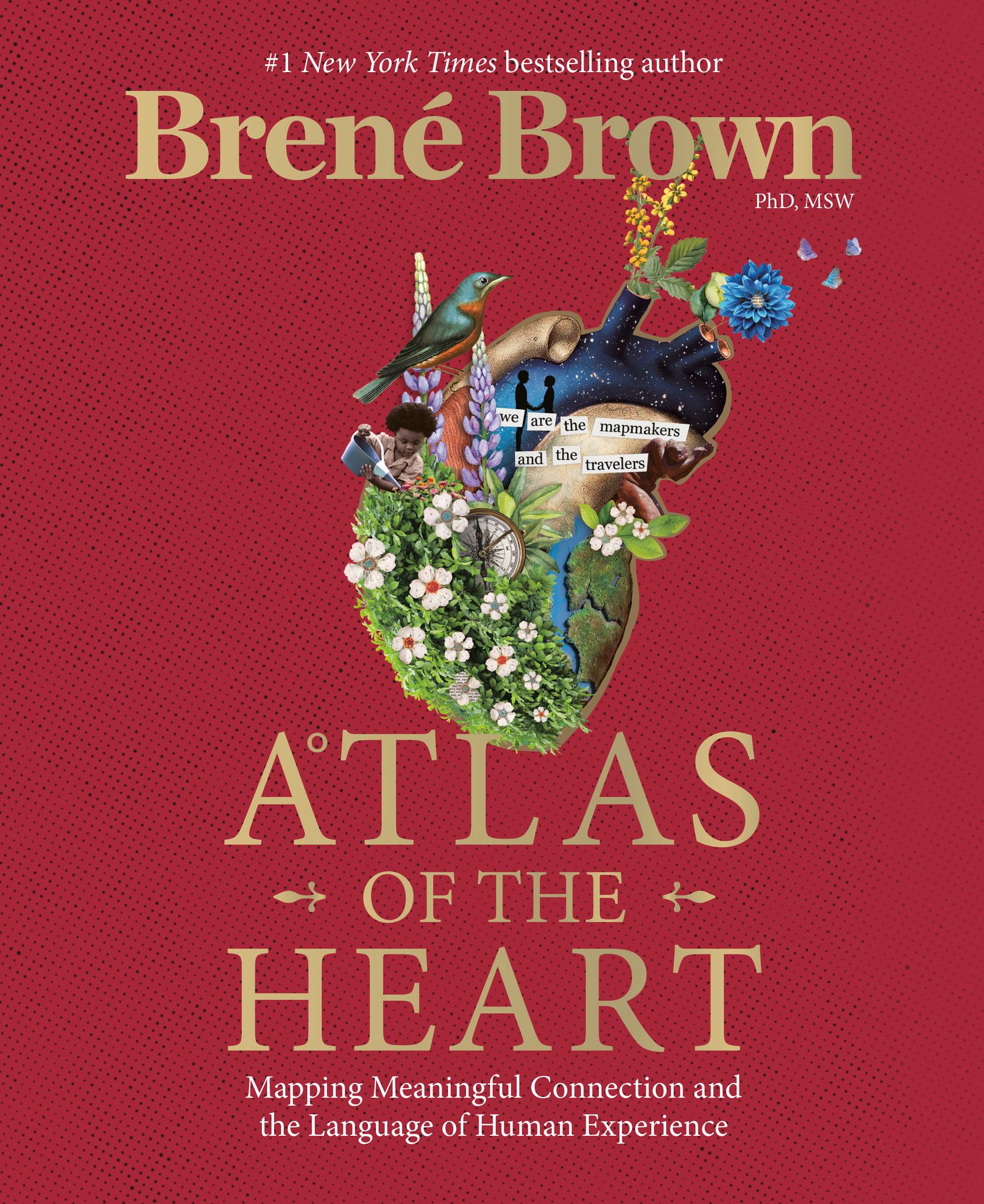
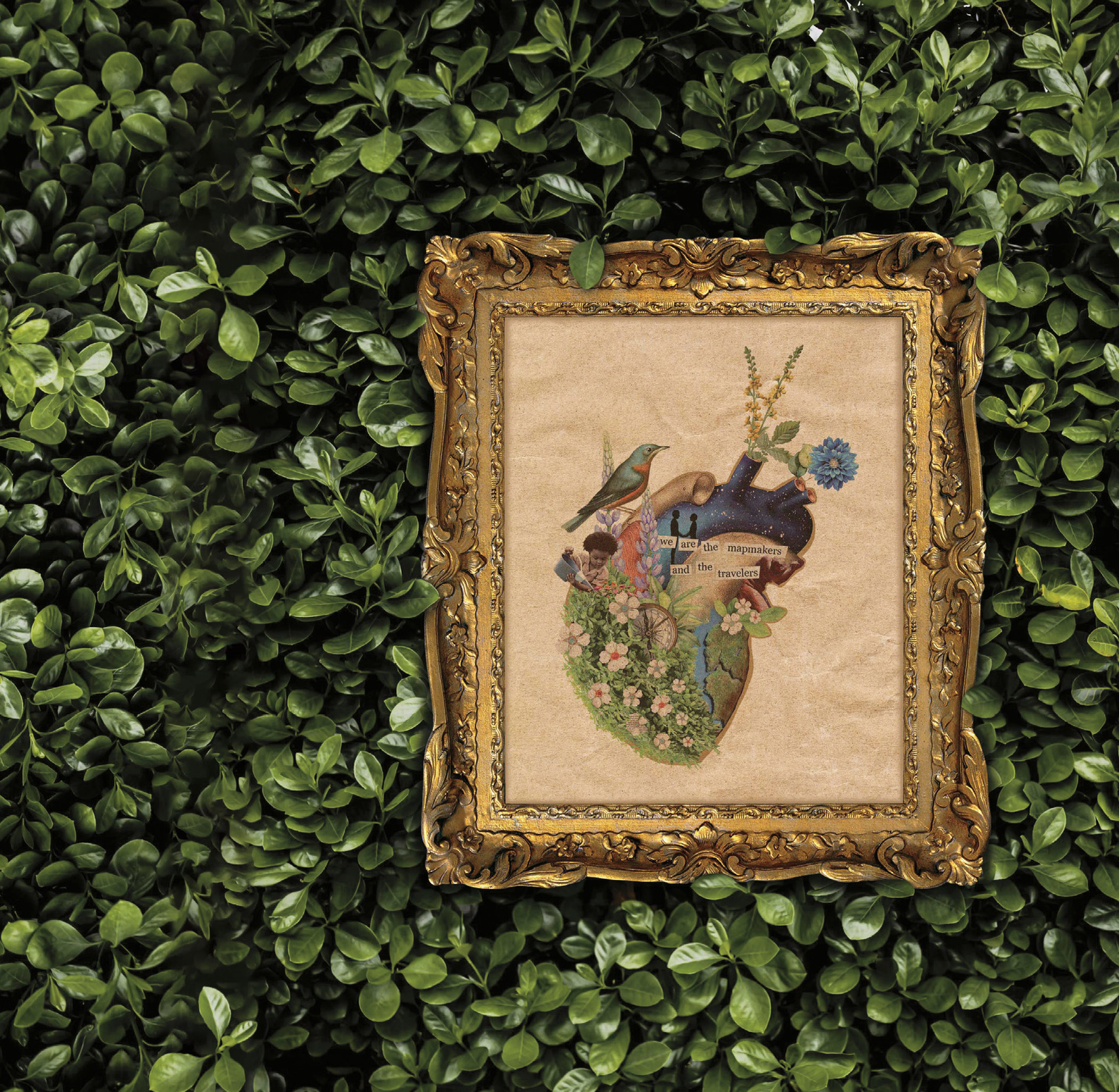
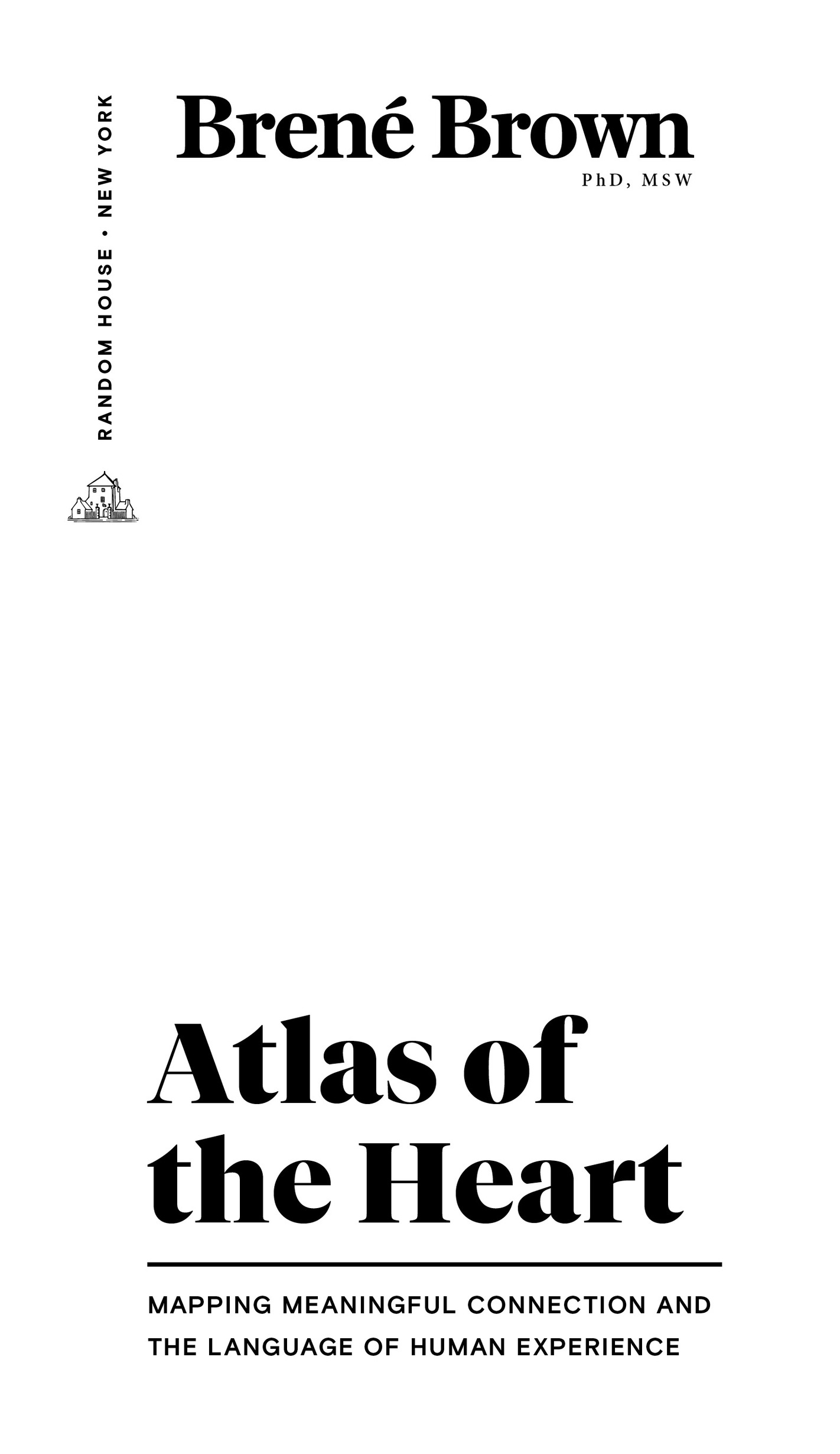
Copyright 2021 by Bren Brown
All rights reserved.
Published in the United States by Random House, an imprint and division of Penguin Random House LLC, New York.
Random House and the House colophon are registered trademarks of Penguin Random House LLC.
Grateful acknowledgment is made to the following for permission to reprint previously published material:
HarperCollins Publishers: Brief excerpts from of All About Love by bell hooks, copyright 2000 by Gloria Watkins. Used by permission of HarperCollins Publishers.
Routledge, an imprint of Taylor & Francis Group: Excerpt from Teaching to Transgress by bell hooks, copyright 1994 by Gloria Watkins. Reprinted by permission of Routledge, an imprint of Taylor & Francis Group.
Hardback ISBN9780399592553 ebook ISBN9780399592577
randomhousebooks.com
Book design by Global Prairie, adapted for ebook
Cover design and illustration: Global Prairie, collage based on original art by PRRINT!, using illustrations by Gavin Aung Than
ep_prh_5.8.0_138640666_c0_r0
Heart is sea,
language is shore.
Whatever sea includes,
will hit the shore.
RUMI
I am not a sentimental keeper of things.
Maybe its because I come from a long line of people who hold on to everythingevery receipt and photo and old department store box. From the time I was in my early twenties, I often had the unenviable task of packing up the houses of relatives who could no longer live at home or who had died. If the movie montage version of this chore exists, Ive never experienced it. Its miserable.
First, no one in my family is going to admit that they might, at some point, get sick or die. My people die with a look of defiance on their face and shit in every drawer. This leaves me and my sisters packing, crying, cussing, and using every single tool weve learned in therapy to resist turning on one another when were exhausted. Thats actually the only time we laughwhen one of us says I wish I could take out my rage on yall and the other two, without even looking up, say, Yeah. Same.
There is nothing sweet about packing up. Its hard physical work and an emotional minefield. Do I keep it? Do I trash it when no one is looking? Should I feel bad? Am I bad? Maybe I should box it all up and let my kids deal with it when its their turn?
As far as my own stuff goes, I was Marie Kondo before Marie Kondo was cool. Just like Im convinced that my car goes faster after I get an oil change, I can feel my house sighing with relief when I take five bags of stuff to the local shelter. Theres a lift and a lightness. And a sense of control. The house stands a little straighter without the extra weight, and I feel freer with a little less baggage.
Becoming a parent made the purging tricky. In 1999, when I was pregnant with Ellen, I saw something on TVa reality show or a movie or somethingthat showed how a mother had kept all of her sons drawings and used them to decorate for his wedding rehearsal dinner. Jesus. So much pressure. From that point forward, every one of the 5,684 pieces of art that my kids brought home became an emotional negotiation about their rehearsal dinner. At some point I realized that unless I was hosting this dinner in a stadium, one box of curated pieces was enough. I saved some, framed and hung pieces all over the house, photographed some of them, and, when no one was looking, put the rest in the garbage. Way down deep where no one could see.
So, given my tendency to throw out everything, Im always fascinated when I come across an old box of my own stuff. I must have thought something was really important if it warranted saving. If you put all of my memorabilia and artifacts together, you would get the most accurate story of who I was and what I valued at any one point in my life. And youd probably need no more than a standard issue dining room table to lay it out.
I came across this old college paper several years agowhen I was starting this book. Its not a great or even a very good paper, but it knocked me off balance for a few months. Why have I been thinking about emotions for so long? Why has this always been so important? Can I even remember a time when I wasnt thinking about emotions?
As I unpacked a few other things in the boxa lifeguard whistle, poems Id written, a mixtape from Steve, and a few picturesmy time capsule transported me back to my Flock of Seagulls asymmetrical haircut and a 1974 Volvo 240D with a floorboard that was so rusted out I could see the road pass beneath as I drove. I spent a couple of days with my 1987 self and learned some things that I had either never known or never acknowledged, or things I possibly once knew and pushed way down.
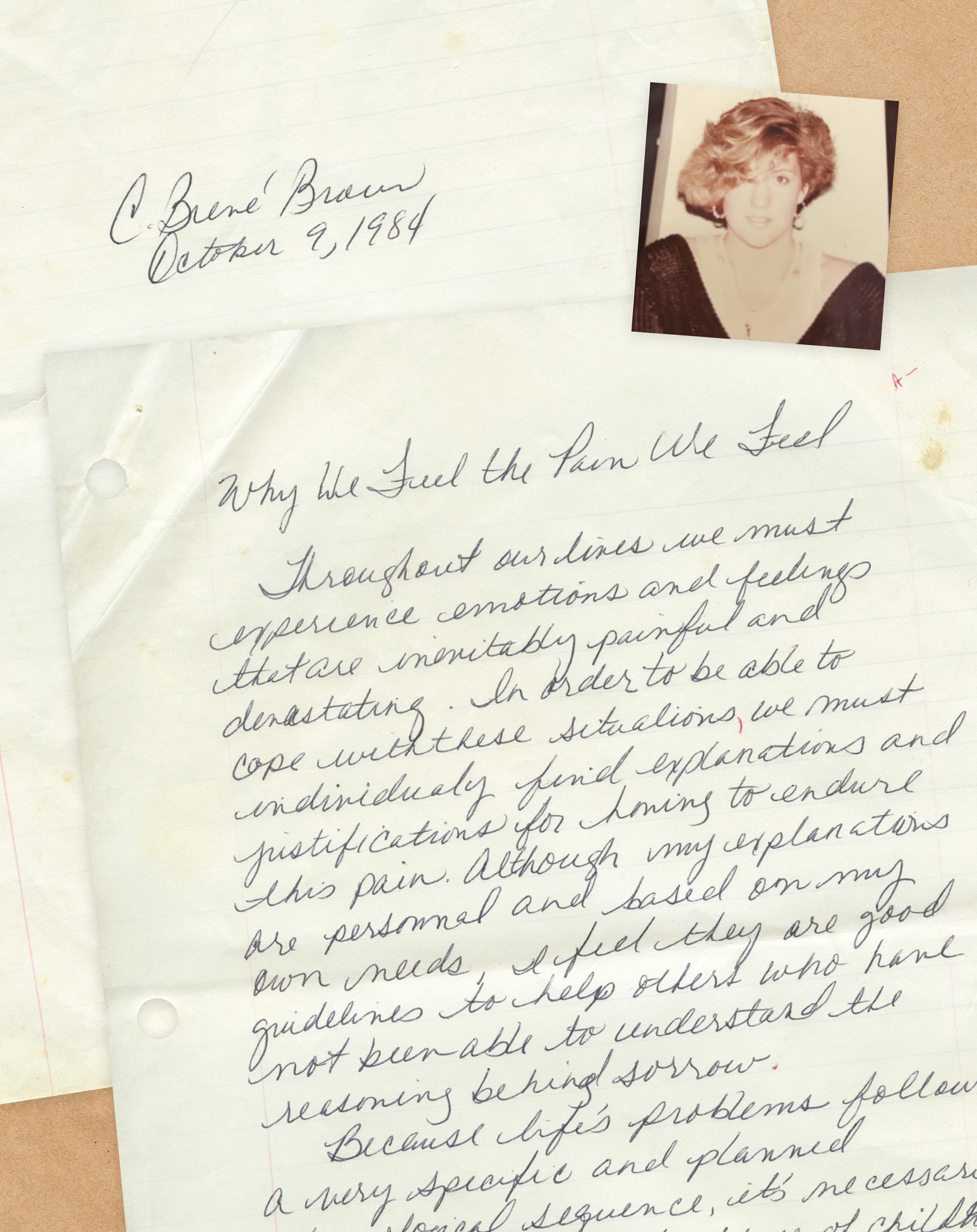
I come from a very tough, suck-it-up-get-it-done-and-dont-talk-about-feelings family. Both of my parents had a hard upbringing with a lot of trauma, and despite their own unhappiness, they considered the life they gave us the height of mythical suburban bliss. In their high school years, my dad was the rage-and-grief-fueled football captain and my mom was the head of the drill team and president of half a dozen clubs. She was everything she needed to be to redeem the reputation of what was inconceivable in the Leave It to Beaver 1950shaving an alcoholic mother.
When I was growing up, there was a lot of unpredictable behavior and intense emotion in our home. There was intense love and there was intense rage. There was intense laughter and intense hurt. But even the good times were dicey, because they could turn in an instant.
I am the oldest of four, so I often felt the brunt of the madness, along with the responsibility of protecting my siblings from the unpredictable swings. When things were bad, I was the protector. When things were great, I was the protector-in-waiting, always on the outside of the fun, easily teased for being too serious, and always knowing that we were one sideways glance or one smart-ass comment from chaos.
By the time I was in middle school, I had used a combination of my moms magazines and after-school specials to diagnose myself as crazy. I know thats a pathologizing word, but back then it was all I had.
First, nothing, I mean nothing, was discussed or normalized in my family. Not feelings or fears or periods or friend problems or puberty or money issues or extended family members who struggled with addiction and mental health issuesnothing. We are all good. Any question or attempt to understand the things that were clearly not good was immediately shut down in punitive ways. For children, its easy for everything to become a source of shame when nothing is normalized. You assume that if no one is talking about it, it must be just you.
Second, my parents were confusing. My parents were and are good people who did the very best they could with the tools they had. Sometimes those tools werent enough. Growing up, they seemed to be funny, loving, well liked, smart, great storytellers, and caring neighbors. People loved them. Because they were predictably good outside the house, and wildly unpredictable inside, I assumed it was us. And because I was the oldest, I assumed it was mostly me. And again, it was shaming for all of us when the inside behaviors didnt match the families on TV. Something was wrong and it must be us. We were wrong.
Font size:
Interval:
Bookmark:
Similar books «Atlas of the Heart: Mapping Meaningful Connection and the Language of Human Experience»
Look at similar books to Atlas of the Heart: Mapping Meaningful Connection and the Language of Human Experience. We have selected literature similar in name and meaning in the hope of providing readers with more options to find new, interesting, not yet read works.
Discussion, reviews of the book Atlas of the Heart: Mapping Meaningful Connection and the Language of Human Experience and just readers' own opinions. Leave your comments, write what you think about the work, its meaning or the main characters. Specify what exactly you liked and what you didn't like, and why you think so.

